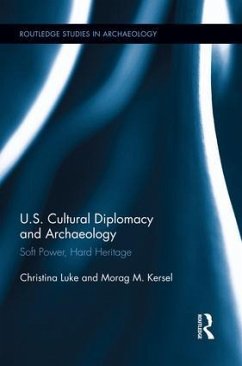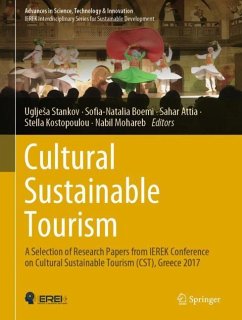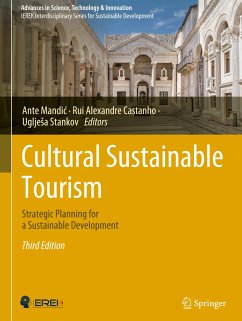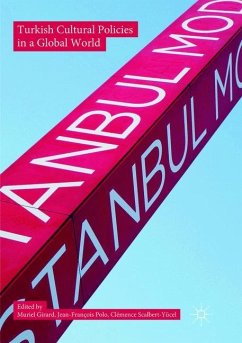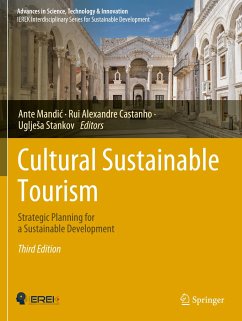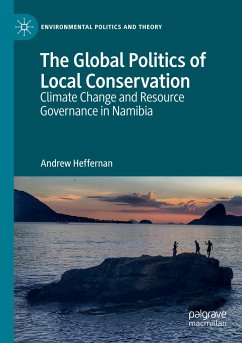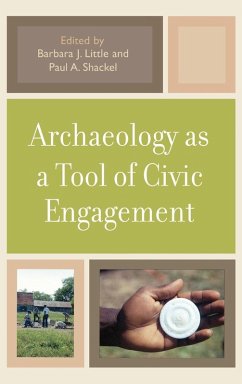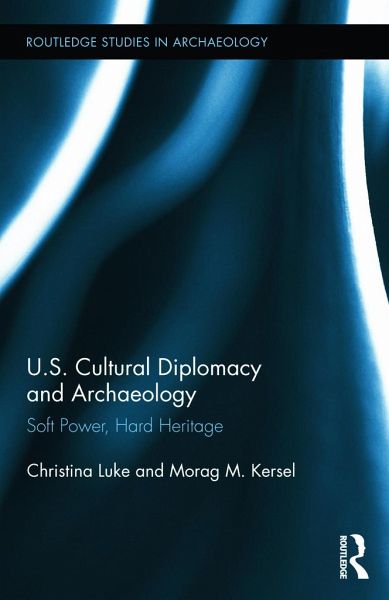
US Cultural Diplomacy and Archaeology
Soft Power, Hard Heritage
Versandkostenfrei!
Versandfertig in 1-2 Wochen
185,99 €
inkl. MwSt.
Weitere Ausgaben:

PAYBACK Punkte
93 °P sammeln!
Archaeology's links to international relations are well known: launching and sustaining international expeditions requires the honed diplomatic skills of ambassadors. U.S. foreign policy depends on archaeologists to foster mutual understanding, mend fences, and build bridges. This book explores how international partnerships inherent in archaeological legal instruments and policies, especially involvement with major U.S. museums, contribute to the underlying principles of U.S. cultural diplomacy. Archaeology forms a critical part of the U.S. State Department's diplomatic toolkit. Many, if not ...
Archaeology's links to international relations are well known: launching and sustaining international expeditions requires the honed diplomatic skills of ambassadors. U.S. foreign policy depends on archaeologists to foster mutual understanding, mend fences, and build bridges. This book explores how international partnerships inherent in archaeological legal instruments and policies, especially involvement with major U.S. museums, contribute to the underlying principles of U.S. cultural diplomacy. Archaeology forms a critical part of the U.S. State Department's diplomatic toolkit. Many, if not all, current U.S.-sponsored and directed archaeological projects operate within U.S. diplomatic agendas. U.S. Cultural Diplomacy and Archaeology is the first book to evaluate museums and their roles in presenting the past at national and international levels, contextualizing the practical and diplomatic processes of archaeological research within the realm of cultural heritage. Drawing from analyses and discussion of several U.S. governmental agencies' treatment of international cultural heritage and its funding, the history of diplomacy-entangled research centers abroad, and the necessity of archaeologists' involvement in diplomatic processes, this seminal work has implications for the fields of cultural heritage, anthropology, archaeology, museum studies, international relations, law, and policy studies.




